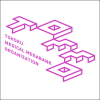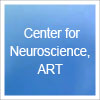Researches
Epidemic Study Projects
Mental Health Care System’s Archive Study Group
Mental Health Care System’s Archive Study Group aims to grasp the medical damages from the disaster by providing survey for psychiatric hospitals in the affected areas about their problems and their triaged correspondence. It is useful to make manuals for psychiatric hospitals to guide doctors and all professions working under emergency situations by analyzing survey. It is not only making outlines about preparation of disaster preventions, but it is also sharing beneficial information all of the world. In addition, we hope that many people join to “Michinoku Shinrokuden” (the web page that is Digital Archive Project of The 2011 Great East Japan Earthquake Disaster at Tohoku University The Research Group on Disaster Prevention and Management) to be prepared psychiatric treatment system to forthcoming disaster in the world.

Children’s mental Health Research Group in affected Area (from elementary school to junior high school)
We are studying the mental health of students who live in Miyagi prefecture and who are from elementary to junior high school with both the Natori City School Board of Education and Miyagi prefecture Children’s Center.After the Great East Japan Earthquake, we aim to support by researching their mental health, quality of life, and academic achievement.We would like to encourage their recovery in mental health by researching influences from earthquake and their emotional obstacles.
Promote Health in Shichigahama Project Group
Tohoku University and the Town of Shichigahama collaborate to work for increasing better health for all residents by provide several supports such as providing psychological education and research after the Great East Japan Earthquake.
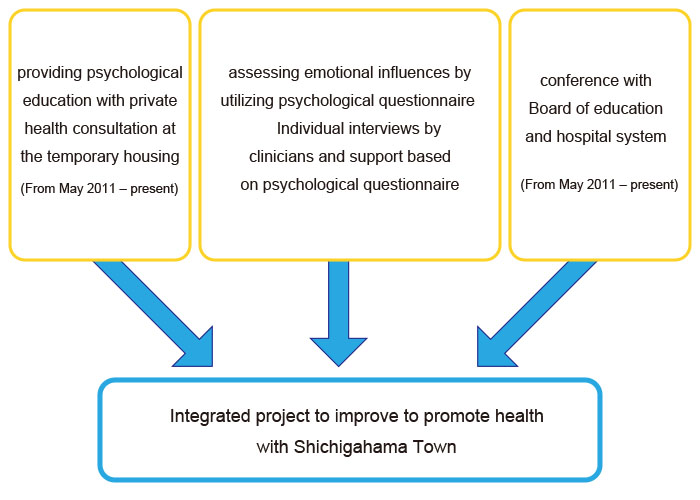
Tohoku Medical Megabank Organization Long-term Health Study PGroup
Based on the long-term health study program at Tohoku Medical Megabank organization, we aim to integrate both systematic digitization and networking of medical information and personalized Medicine to have better future.
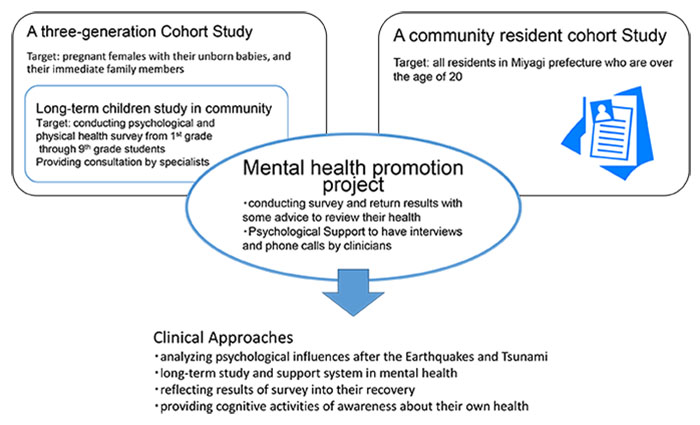
Clinical Research Projects
Disaster Psychiatry Clinical Research Group
We are conducting research to verify the effect stress, caused by an disaster, has on the autonomic nervous system and the immune system, and identify the stress responsible for molecules, which appears immune cells in blood, saliva. We’re also doing research connected to developing methods to screen, diagnose, and treat stress related illnesses.
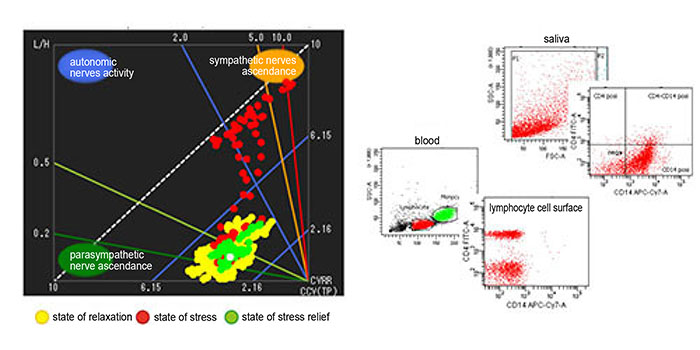
Psychiatric Disorder Clinical Research Group
Imaging Genetics Research Team
In a joint collaboration, Dept. Nuclear Medicine and Radiology and Div. Cognitive Neuroscience, Institute of Development, Aging and Cancer, Tohoku University are conducting research to evaluate the effect genetic polymorphism has on brain structures and function. We aim to identify mental illness related endophenotypes through neuroimaging.
Immune System Research Team
We are determining the imbalance in helper T cells associated with psychiatric disorder, like schizophrenia. We are isolating each immune cell from patients’ blood, analyzing their gene expression, and then verifying its correlation with the pathology condition.
Basic Research Projects
Disaster Psychiatry Basic Research Group
Identifying the micro-endophenotypes of psychiatry disorders related to psychoneuroimmunology.
Glial cells support neurons and maintain homeostasis of the central nervous system (CNS), which have many immunological effects such as secreting cytokines or providing neurotrophic factors. Under pathological conditions, peripheral immune cells can infiltrate the CNS and induce cytokines production, which further interacts with glia or neurons and results in mental illness. Current researches in our group focus on the effects of psychological stress on immune system function by using CNS and peripheral immune cells from clinical specimens, animal models and cell lines. The goal of this work is to unravel the micro-endophenotypes of psychiatric disorders at the molecular levels leading to the development of new treatments and markers of the psychiatry disorders.
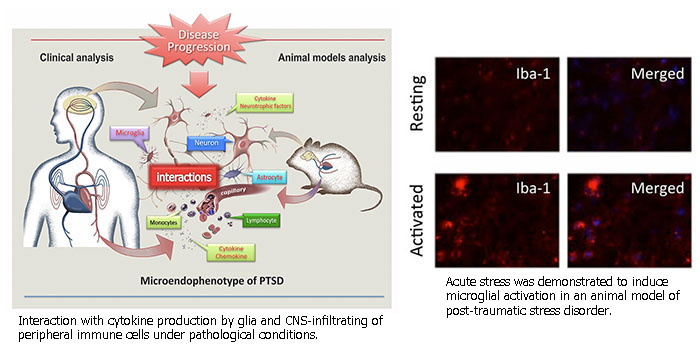
Embryonic Stress
We are studying whether we can see the risk of a child developing symptoms for mental illness in the future, when during pregnancy the child’s mother suffered high levels of stress caused by a disaster. The research will focus especially on hormonal change due to stress.
Basic Research of Mental Illness Group
Molecular Disease: SOTOS
We are developing a diagnostic marker for rare incurable genetic diseases accompanied with disorders of mental development and identifying the pathologic mechanisms present in mental development disorders.
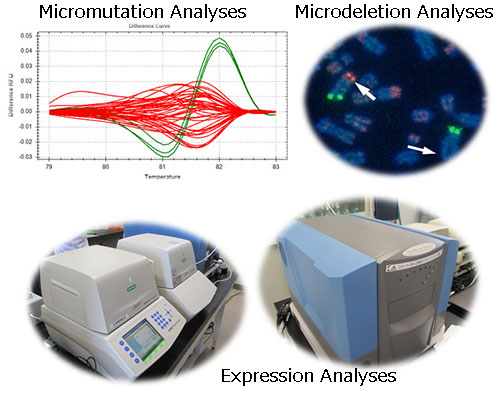
Molecular Disease: Post-mortem Brain Research
A mental illness is one in the same as the brain being sick. With an objective to identify the cause of mental illness, we are conducting post mortem brain research to discover conditions defined by mental illness which specifically occur at a molecular, cellular, and structural level in the brain.
Animal Model of ADHD
Attention deficit hyperactivity disorder, ADHD, is a developmental disorder that mainly develops in children. It features hyper activity, lack of attention, and impulsiveness. In this study, we are using a ADHD mouse model to research ADHD’s mechanisms and methods of treatment.
Molecular Medicine: mood stabilizers
We are conducting in vivo and in vitro experiments on neurons, glial cells, peripheral monocytic cells, and dendritic cells from human samples and animal models to elucidate the molecular mechanisms underlying response to the therapeutic effects of mood stabilizers.
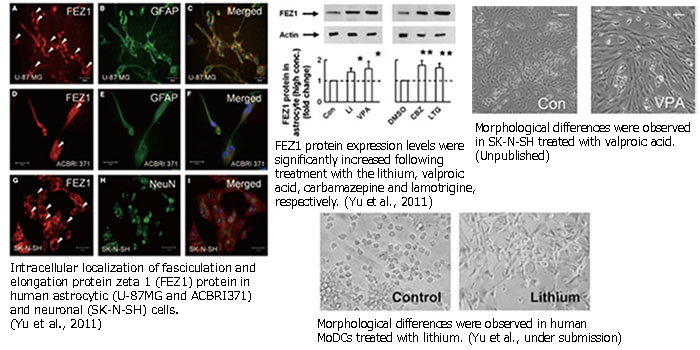
Alcohol dependence
There is concern over the increase of alcohol dependence caused by stress and change in living conditions in disaster areas. We are verifying the dependency and stress genes involved with the mechanisms which induce alcohol dependency caused by stress from a disaster.






